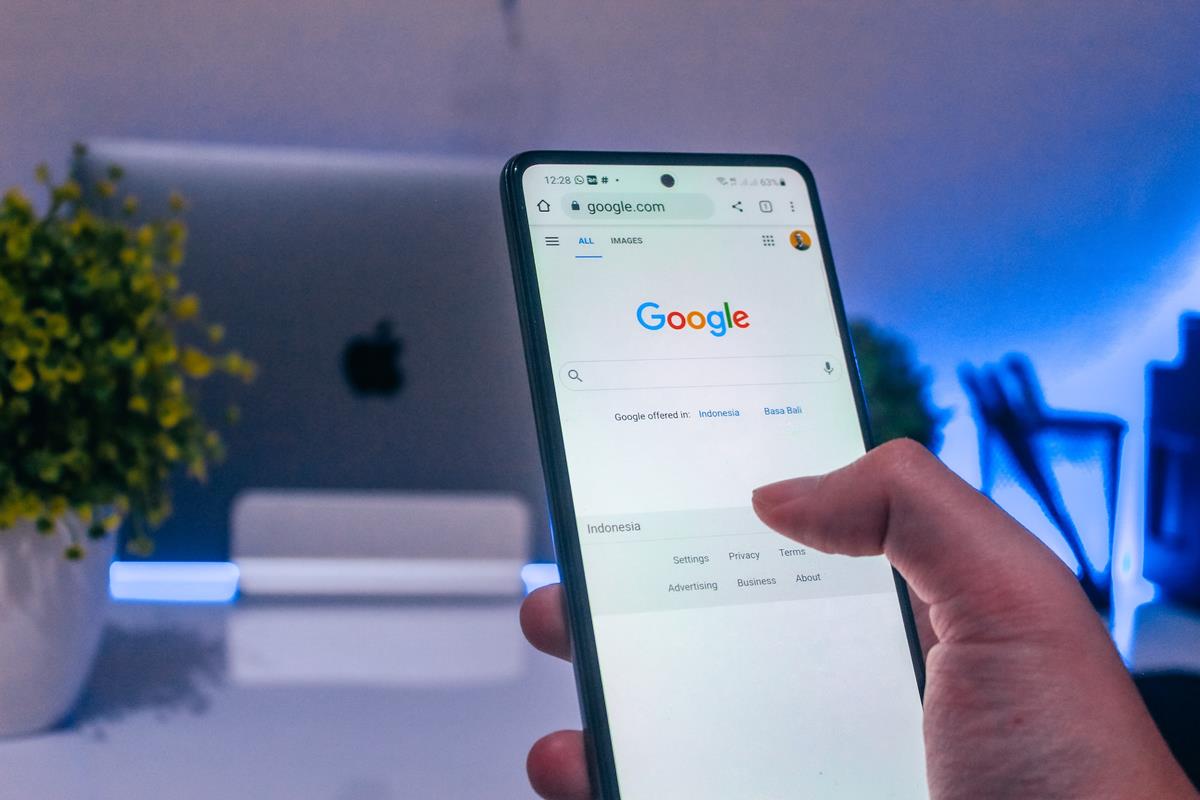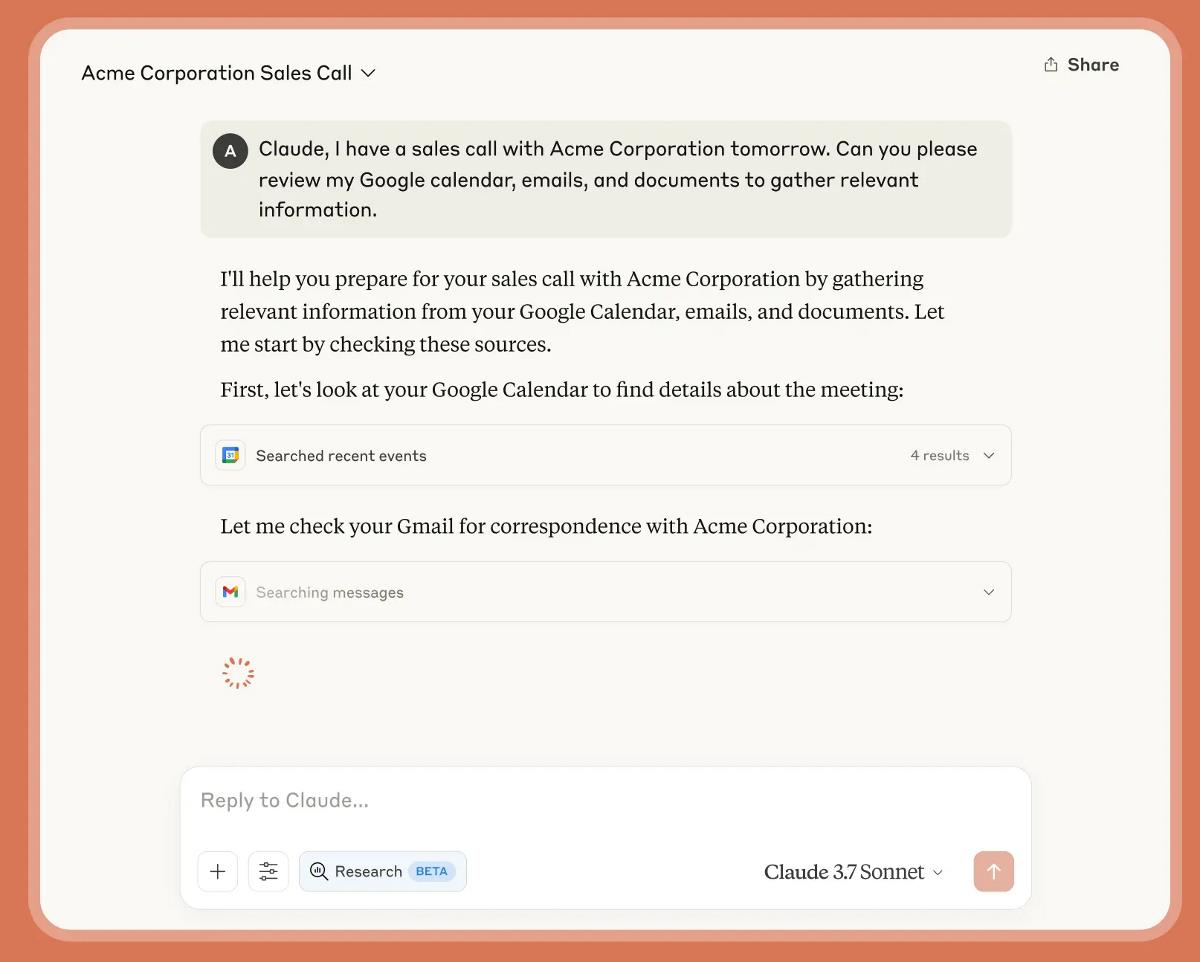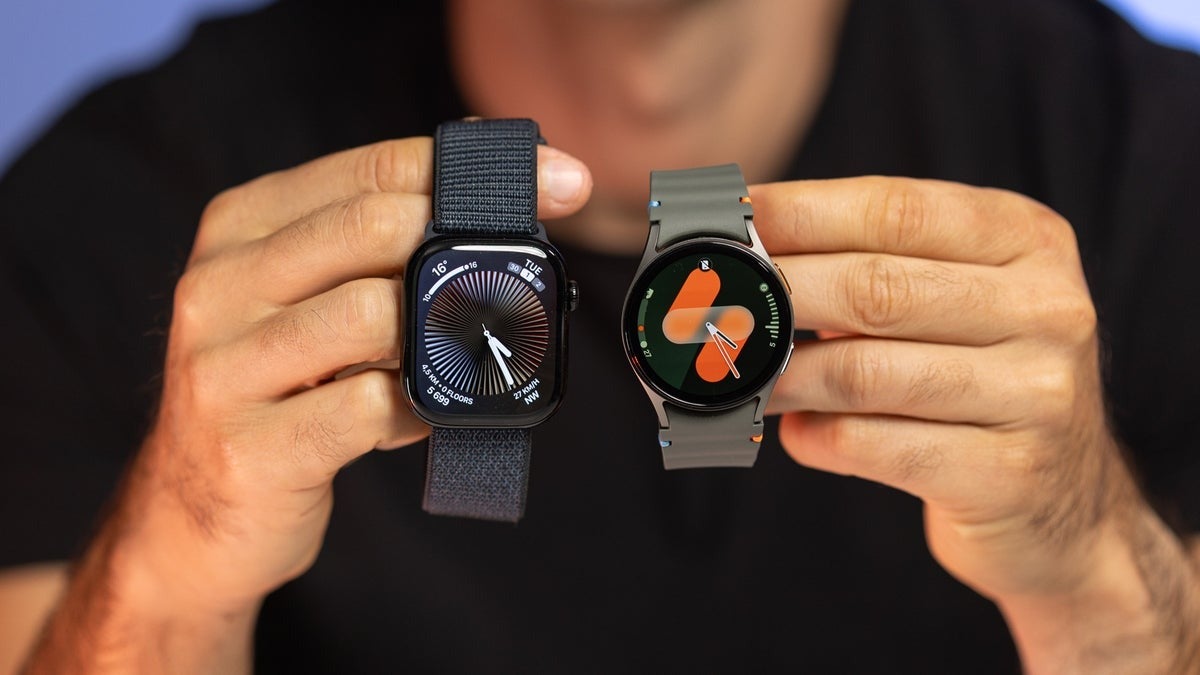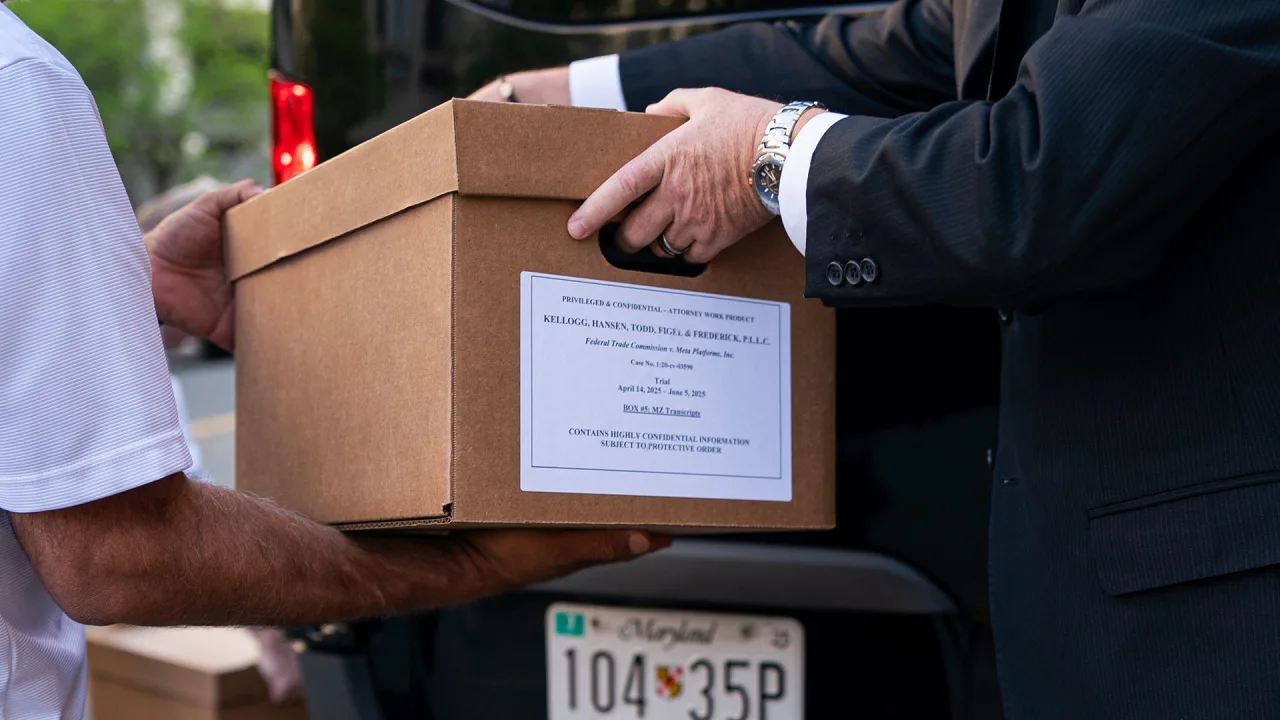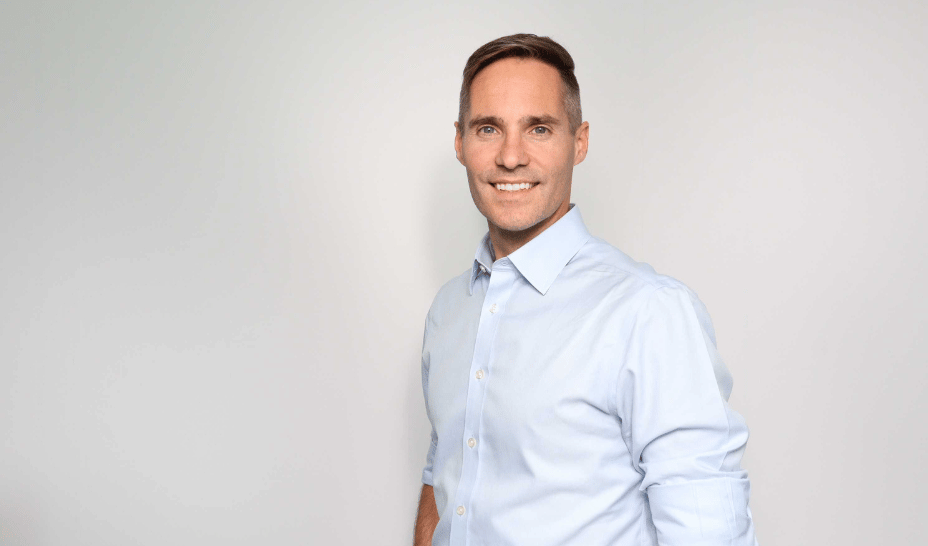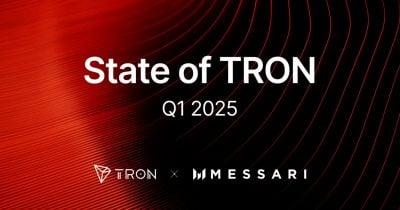Melinda French Gates’ new book draws lessons from loss, and looks to what’s next
Yes, Melinda French Gates has an estimated net worth of nearly $30 billion, runs an organization with ambitious goals to improve the lives of women globally, and formerly co-led the world’s largest private philanthropy — the Gates Foundation — with her now ex-husband Bill Gates. And no, most of our lives look almost nothing like hers at first glance. But French Gates’ new book, titled “The Next Day,” feels surprisingly relatable as she describes major challenges she has confronted over the course of six decades, providing her insights and self-reflections on how she navigated the experiences and what she learned… Read More


Yes, Melinda French Gates has an estimated net worth of nearly $30 billion, runs an organization with ambitious goals to improve the lives of women globally, and formerly co-led the world’s largest private philanthropy — the Gates Foundation — with her now ex-husband Bill Gates.
And no, most of our lives look almost nothing like hers at first glance.
But French Gates’ new book, titled “The Next Day,” feels surprisingly relatable as she describes major challenges she has confronted over the course of six decades, providing her insights and self-reflections on how she navigated the experiences and what she learned from them.
The book, which comes out today, reads like a long conversation with a good friend who gives some gently offered advice that you might just want to consider if facing your own insecurities, parenting self-doubts, the slowly unfolding death of a loved one, and denial about an unraveling relationship.

“The Next Day” is not a tell-all — there are no sordid details about her divorce and its fallout — but instead discloses her emotional struggle to accept the inner voice telling her that Gates “had betrayed not only our marriage but also my values.” She recounts an ugly cry, alone in the car, listening to Willie Nelson, after delivering her decision to leave the marriage.
In a GeekWire interview ahead of the book’s release, French Gates said she felt compelled to write the slim volume after giving the commencement address at her youngest daughter Phoebe’s graduation from Stanford University last June, where she foreshadowed the book’s themes of how to handle transitions and the importance of your actions after that moment of inflection.
French Gates, who grew up Catholic, throughout the book incorporates ideas and writings from wide-ranging poets, authors and religious leaders to whom she has turned for grounding and guidance. She practices meditation, promotes therapy, and urges readers to not rigidly pursue goals or strive for perfection.
One of French Gates’ own “next day” realities was leaving the Gates Foundation last May and shifting her professional focus to Pivotal Ventures, a company that she founded in 2015. Pivotal works to support nonprofits, leaders, policies and startups striving to promote social progress.
It’s French Gates’ first sole leadership role of a multi-billion dollar organization after nearly 25 years of jointly leading the foundation.
“I feel like I’m walking and talking my values … I’ve said this for a long time, that a woman should have her full voice, her full decision-making authority, and her full resources that she can put to use in any way she wants,” she told GeekWire. “And so I’m now doing that.
“I’m speaking my truth in society fully. I’m using every tool in my toolbox — investments, advocacy, philanthropic dollars — in ways that I think will advance society and make it better for all of us as families, and so that feels good,” she continued. “It’s refreshing.”
Here are some other highlights from our conversation, which you can hear on the GeekWire Podcast.

On her plans for Pivotal:
“I made a billion-dollar commitment last year, shortly after I left the foundation, through my company, Pivotal Ventures. And my plan with that billion-dollar commitment is to further women in society, be it in the United States or around the world — but particularly in the United States — I thought that was incredibly important, because I saw the attacks and the rollbacks [in U.S. Supreme Court decisions]. And it made no sense to me that my granddaughter, who had just recently been born, was going to grow up with fewer rights than I had.”
On the Trump administration attack on DEI efforts, and how Pivotal will support work that lifts up people who are underrepresented:
“My work continues in this area because I know that society is better off when it represents all of us. Remember Abraham Lincoln said, ‘Our government is … of the people, by the people, for the people.’ And so I believe we will make better policies if our government represents us as citizens. I believe we will have better tools and societies if our companies represent who we are as citizens. In Hollywood, if we’re telling the stories that represent all of us.”
On the role of AI in helping issues that concern her:
“One of the things I’m quite excited about with AI is, how can it help health? How can it help women’s health? We have a lot of unexplored territory related to women and their bodies. Because in science, they had seen a women’s body as sort of same as a man’s, but maybe half the dose of a drug. Well, that’s not true. We reproduce. We go through menstrual cycles, we go through menopause. So let’s look at our drugs that we’ve got and scan those with AI to see how they might benefit women. Let’s think about new solutions.”
On religion and spirituality as a way to navigate the world:
“I had to eventually separate religion and spirituality, because religions are man-made. They have man-made rules. I don’t care if it’s Buddhism or if you’re Muslim or if you’re Catholic, they have man-made rules. But at the core of it is tapping into that oneness and that spirituality. And so over time, as I saw things — I was so lucky to travel for the foundation over more than 25 years — I would see things that weren’t right in the world and didn’t square with my Catholicism. And so I learned that I had to look at some of those man-made rules and say, ‘Do I really believe them? No.’ And so where do I need to let go of some of that to live my true values out in the world?”
On measuring success at Pivotal:
“In my lifetime, if we have advanced women farther and faster, especially in our country, I think that will be measurable … For instance, in computer science and artificial intelligence, we actually have doubled the number of women graduating with computer science degrees since 2017. That was something I, with a whole series of partners, set out to do. So we have made progress. Now, I have to say to myself, what’s realistic? How much more progress do I expect? But I just know when I leave this Earth, I want the world to somehow be better for women, for my grandchildren, than it is today.”
On where she finds strength to push for the change she wants to see:
“We are in a period of unbelievable transition right now in the United States, and it’s hard to watch, quite honestly … So I put my phone down, I take even more time in silence now than I did before.
“And I am doing what my book says, which is pausing in the clearing to think about, ‘How do I want to work? How should my partners work? Who else do I need to band with together?’ Because the only thing that creates change is individuals and collectives of individuals. So to me, right now, sometimes it’s the pausing and the clearing that helps you get the clarity of exactly where you want to go next.”
Subscribe to GeekWire in Apple Podcasts, Spotify, or wherever you listen.
Audio editing by Curt Milton
















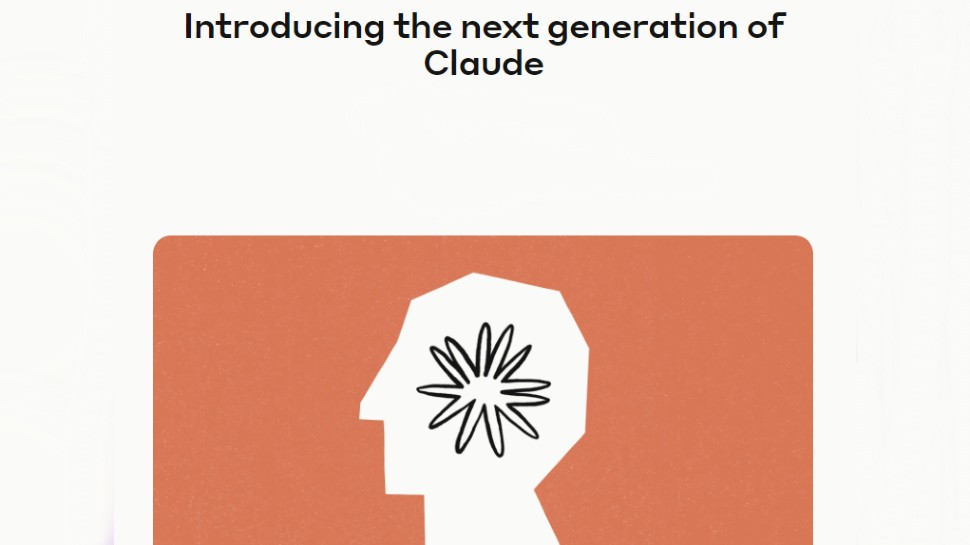










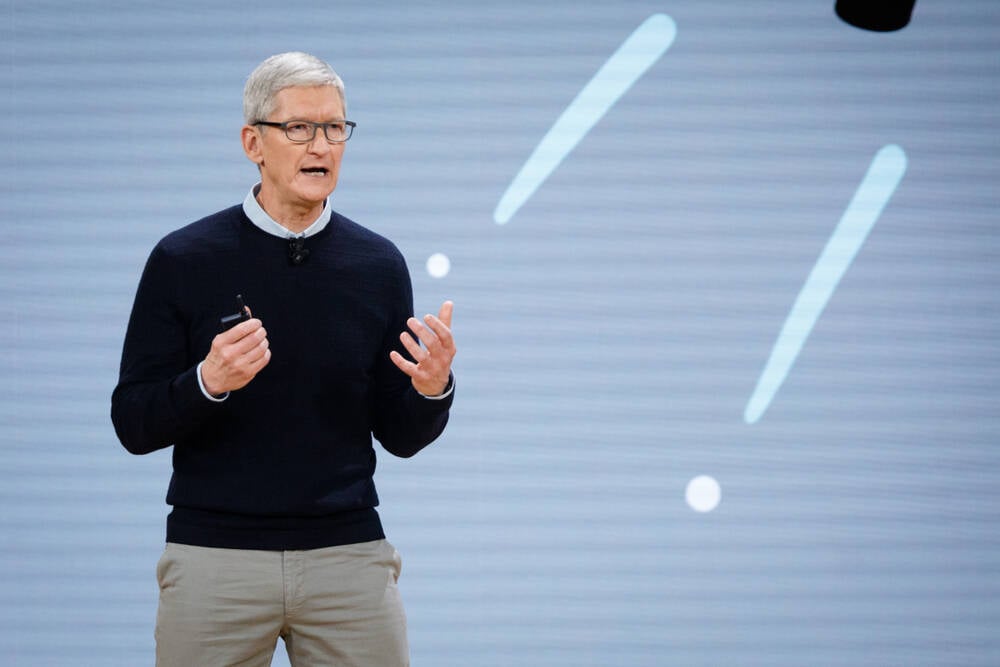













































































































































![[The AI Show Episode 144]: ChatGPT’s New Memory, Shopify CEO’s Leaked “AI First” Memo, Google Cloud Next Releases, o3 and o4-mini Coming Soon & Llama 4’s Rocky Launch](https://www.marketingaiinstitute.com/hubfs/ep%20144%20cover.png)








































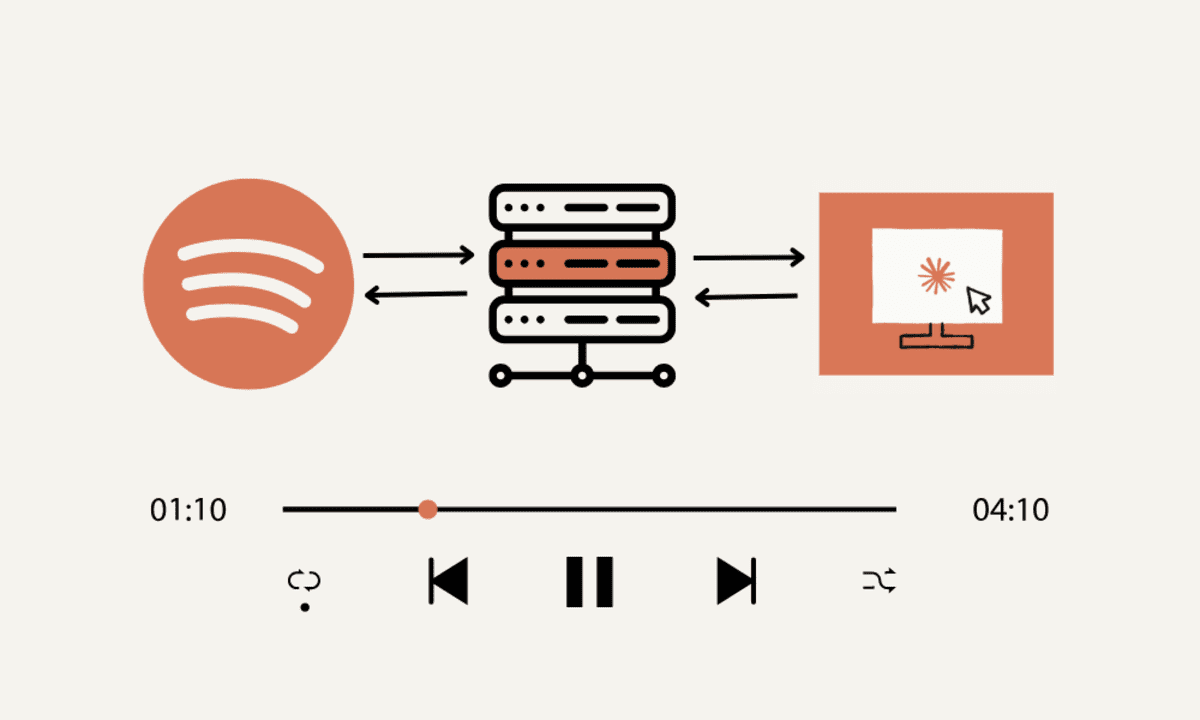























































































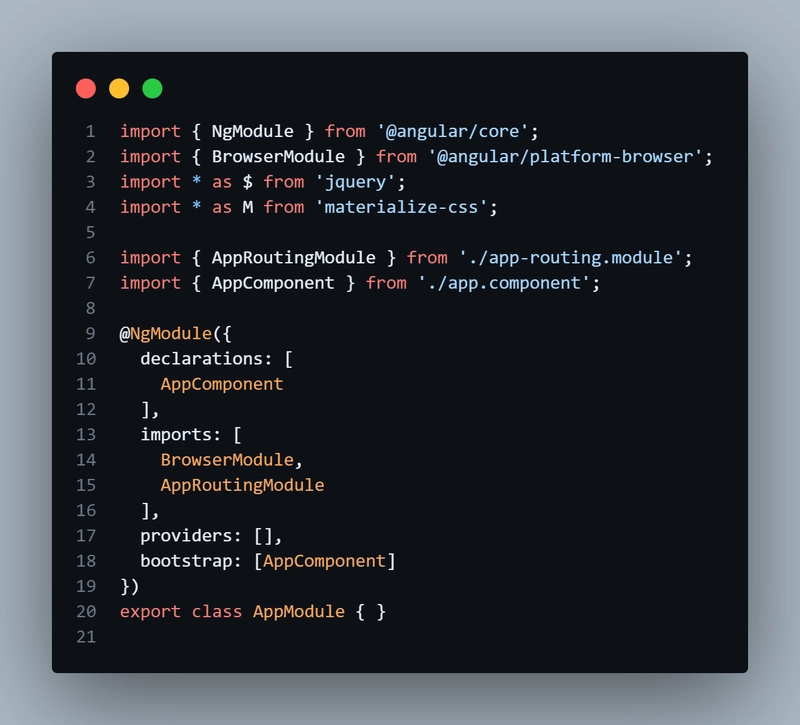
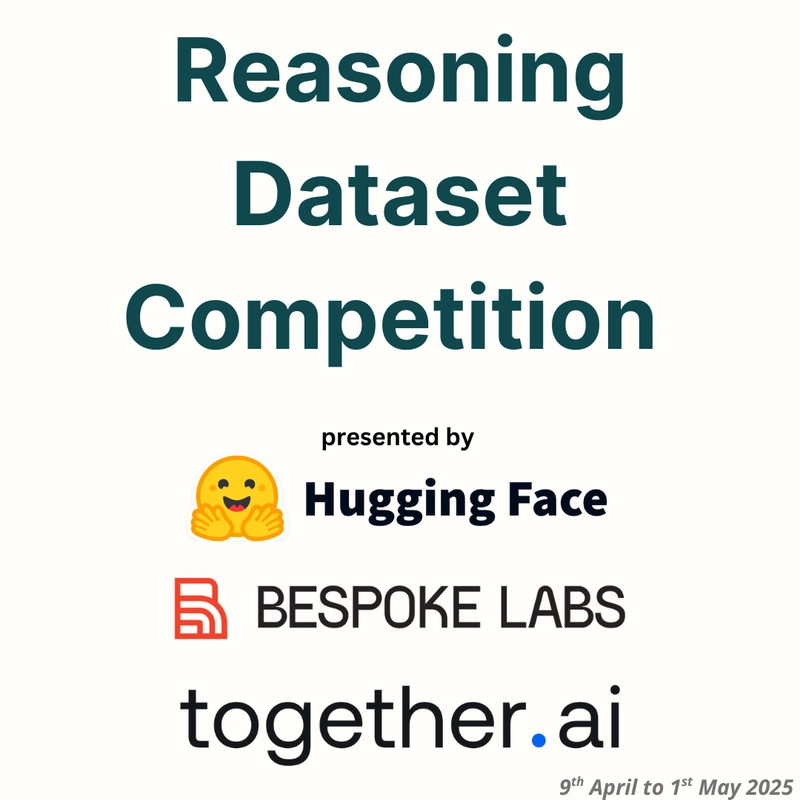
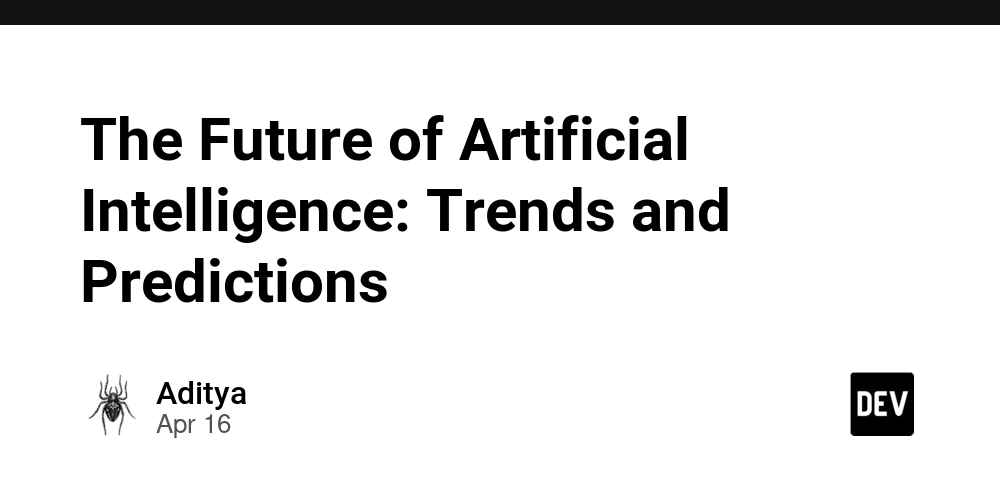




































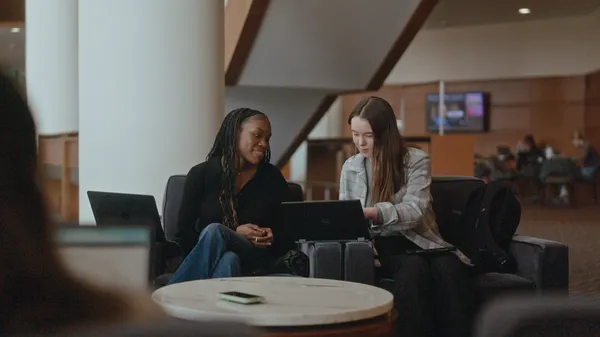


























![Blue Archive tier list [April 2025]](https://media.pocketgamer.com/artwork/na-33404-1636469504/blue-archive-screenshot-2.jpg?#)




















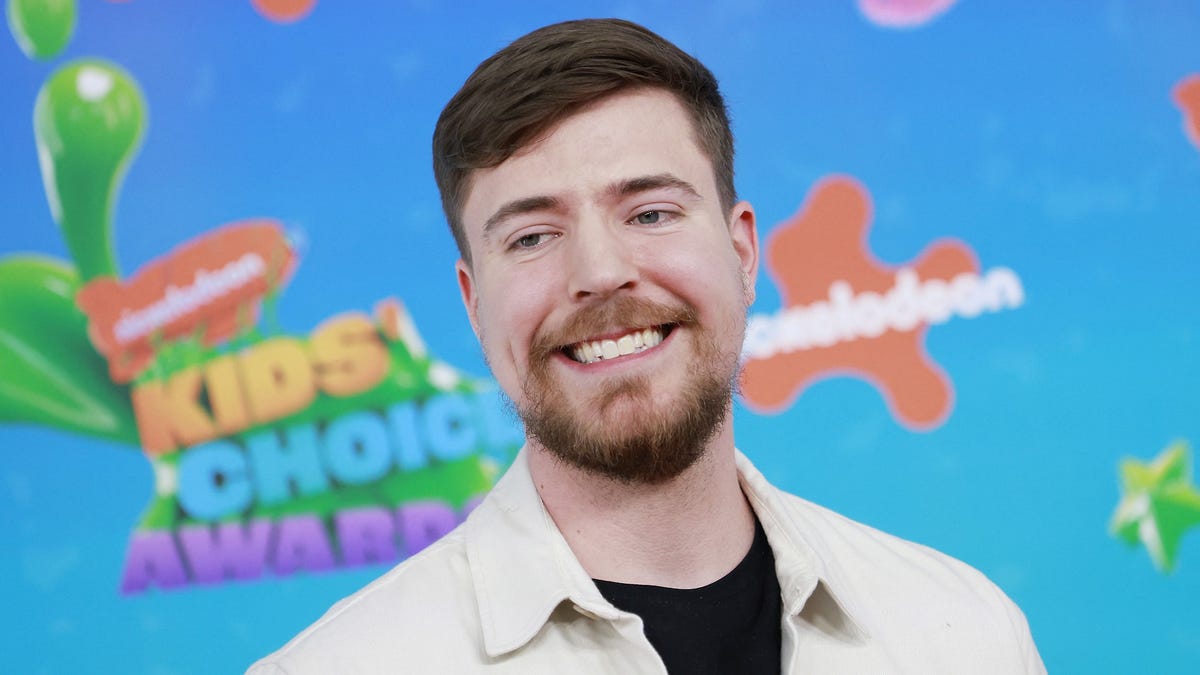










.png?#)






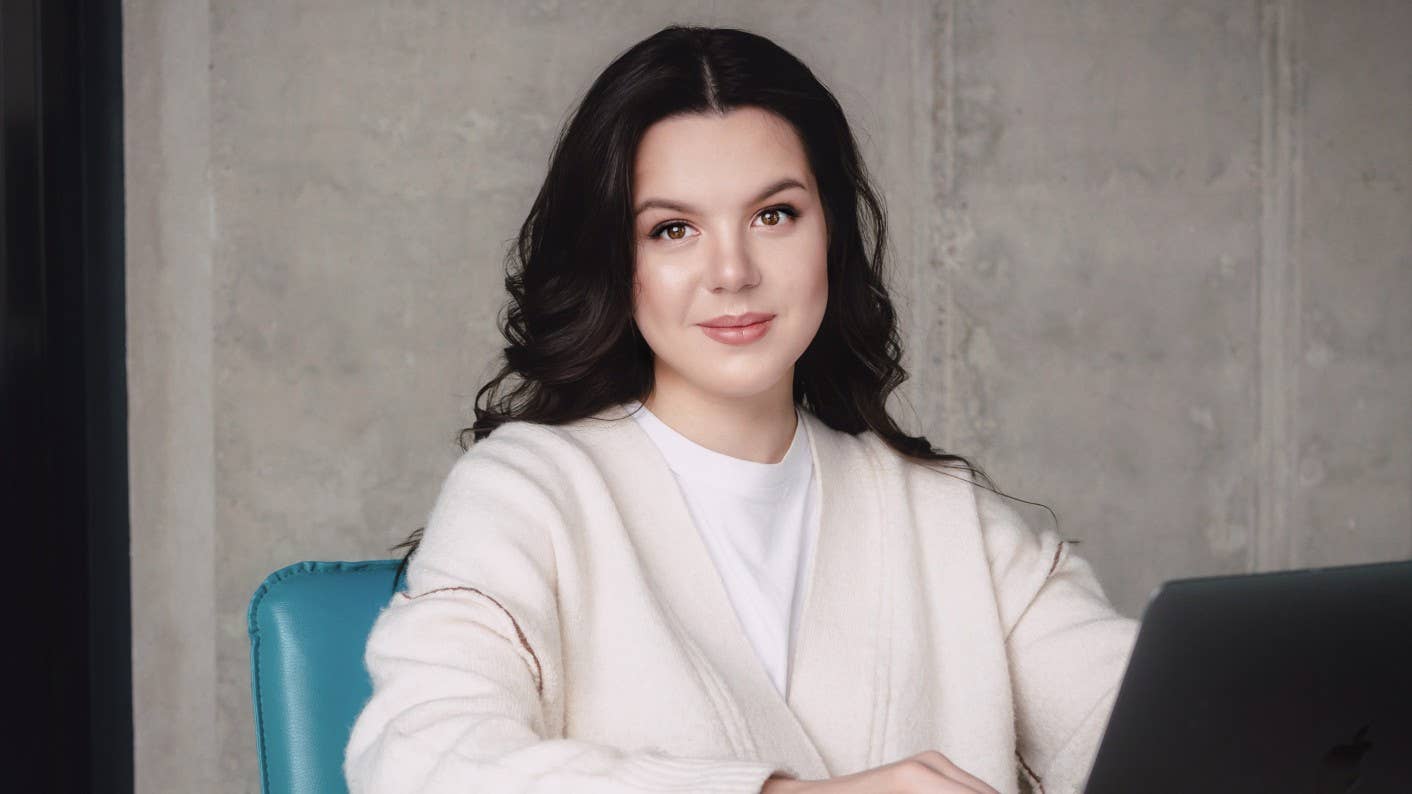


.png?width=1920&height=1920&fit=bounds&quality=70&format=jpg&auto=webp#)























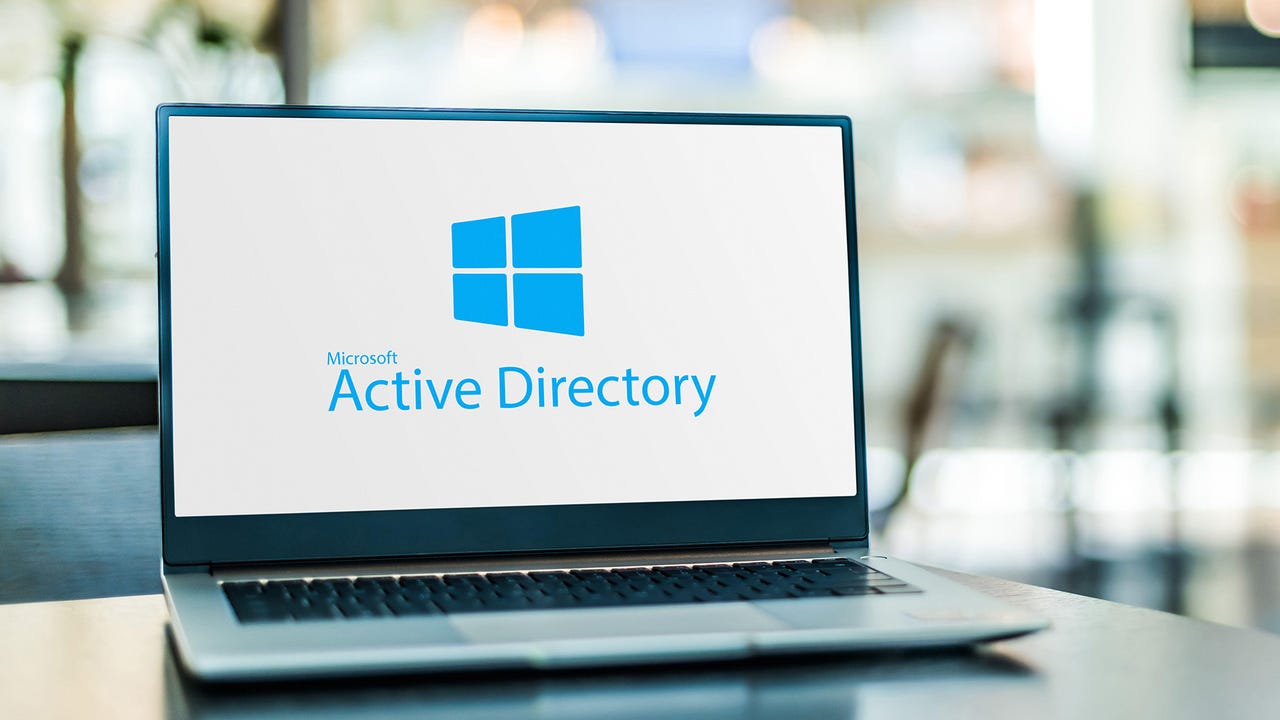




.webp?#)















































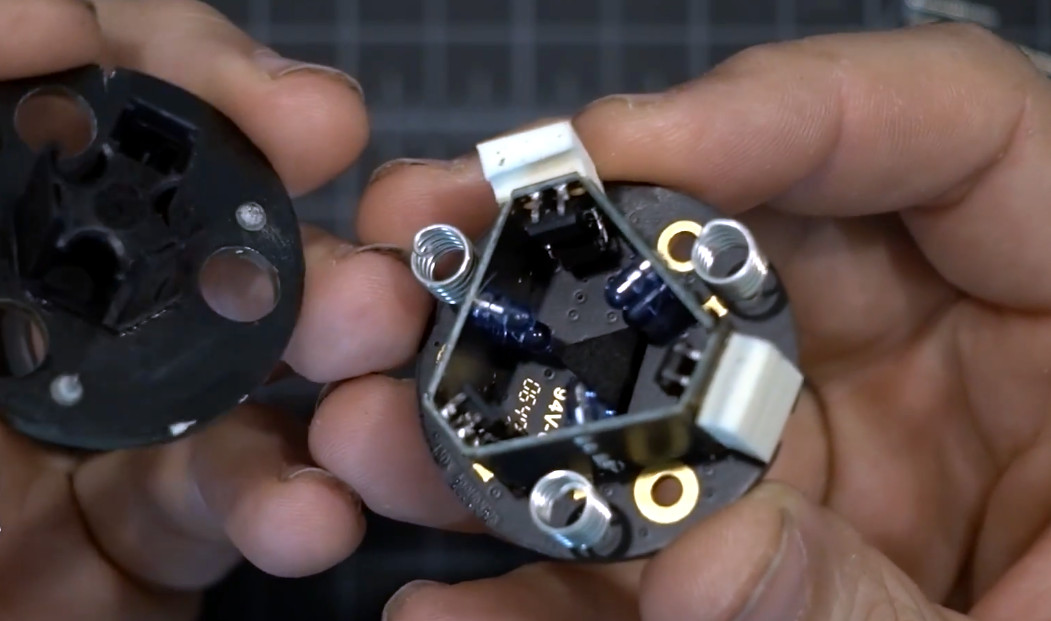


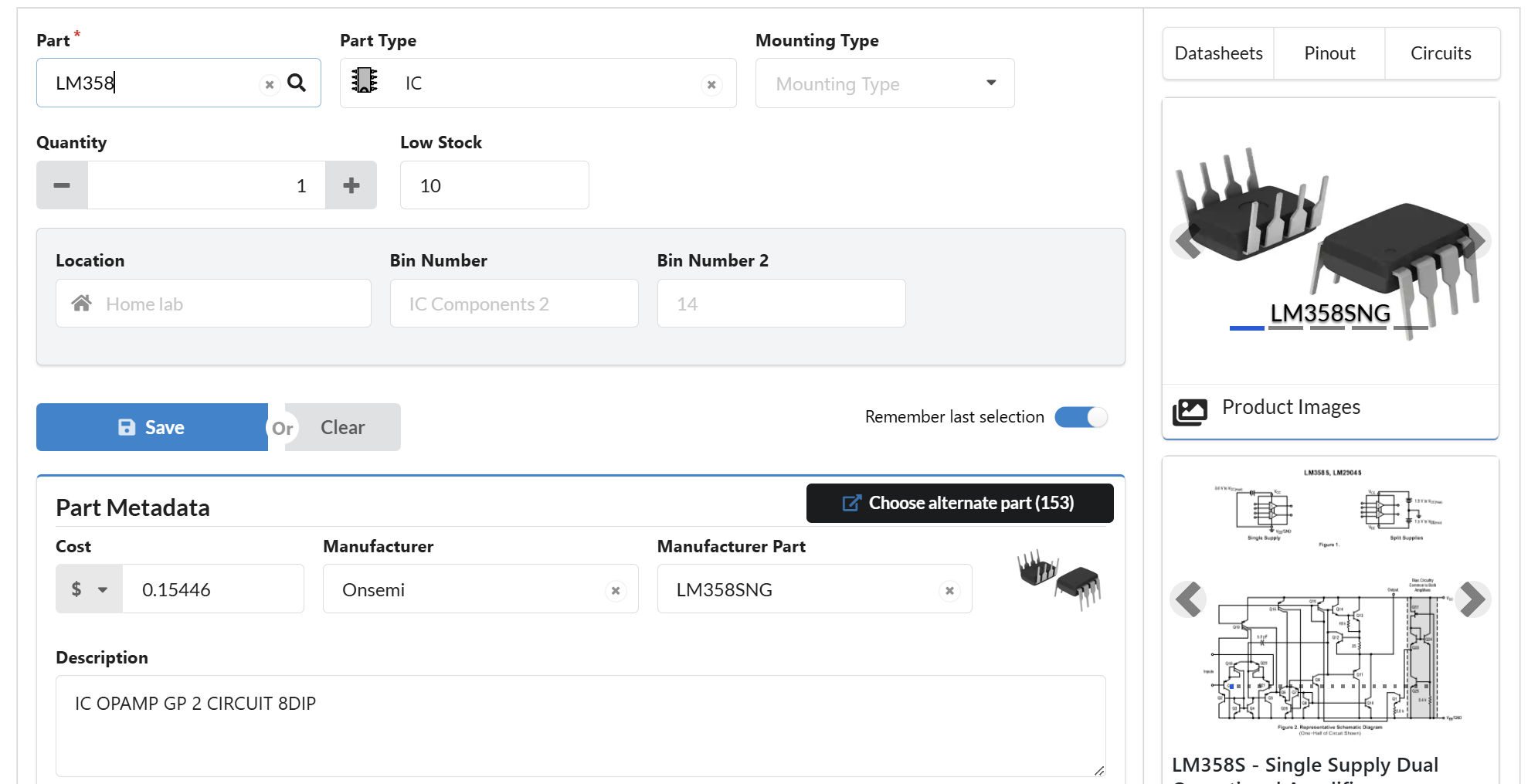

























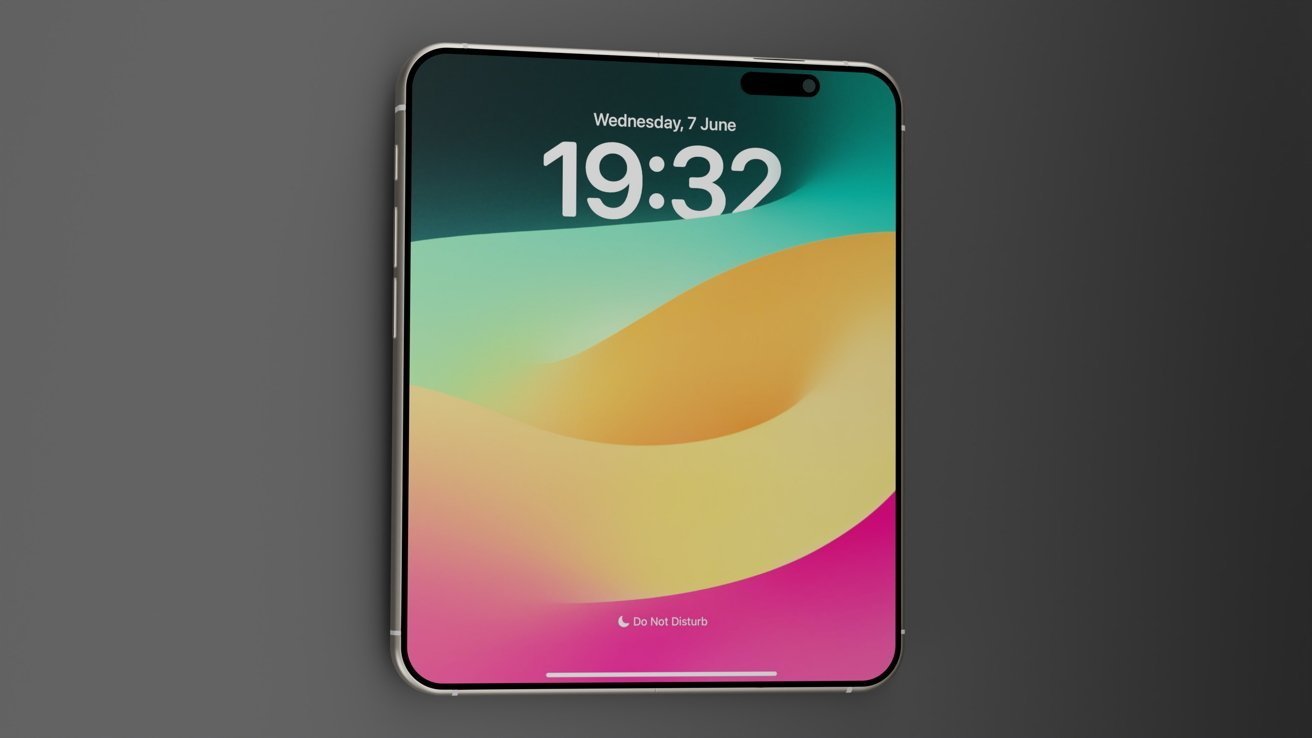

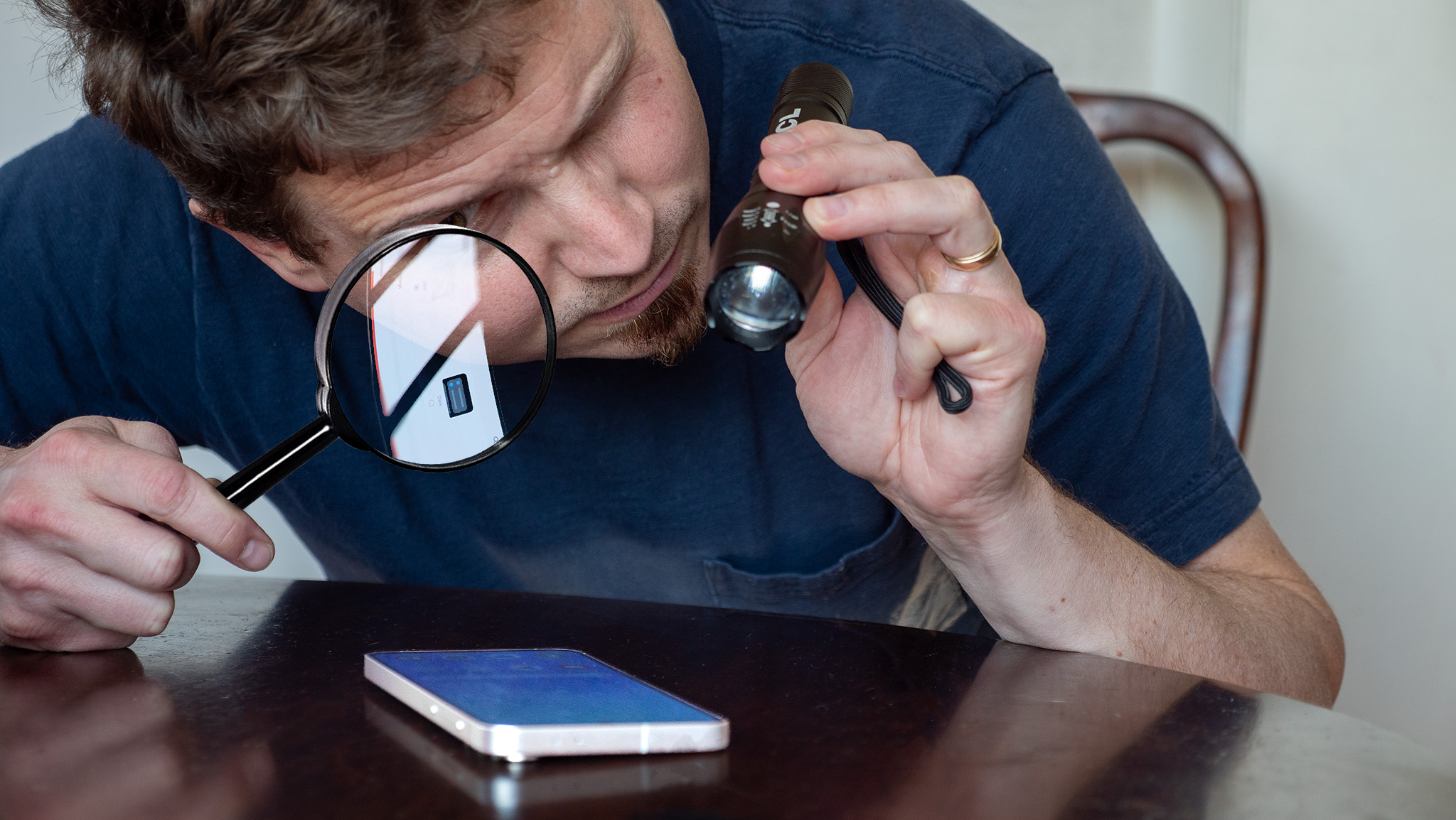




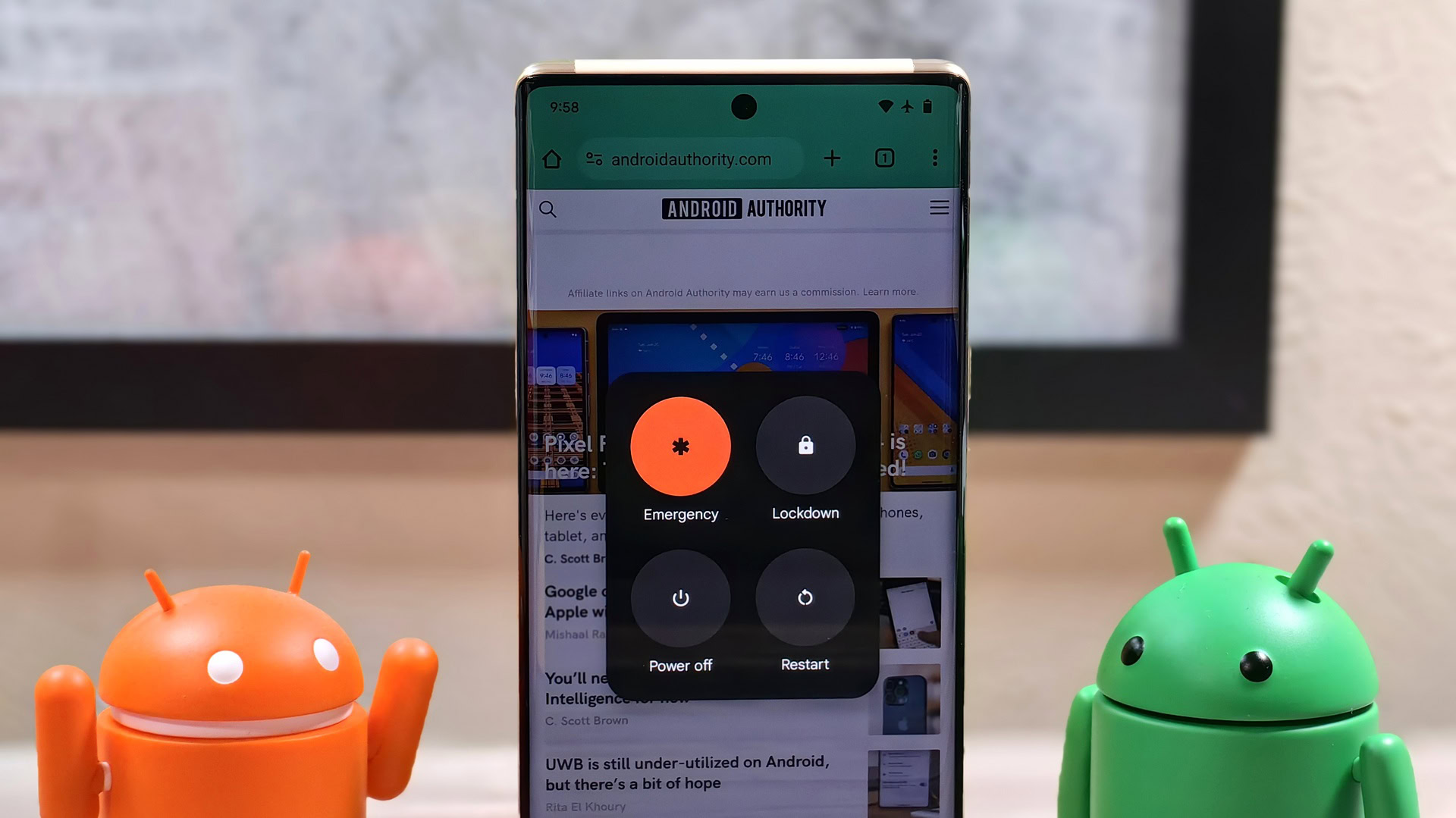

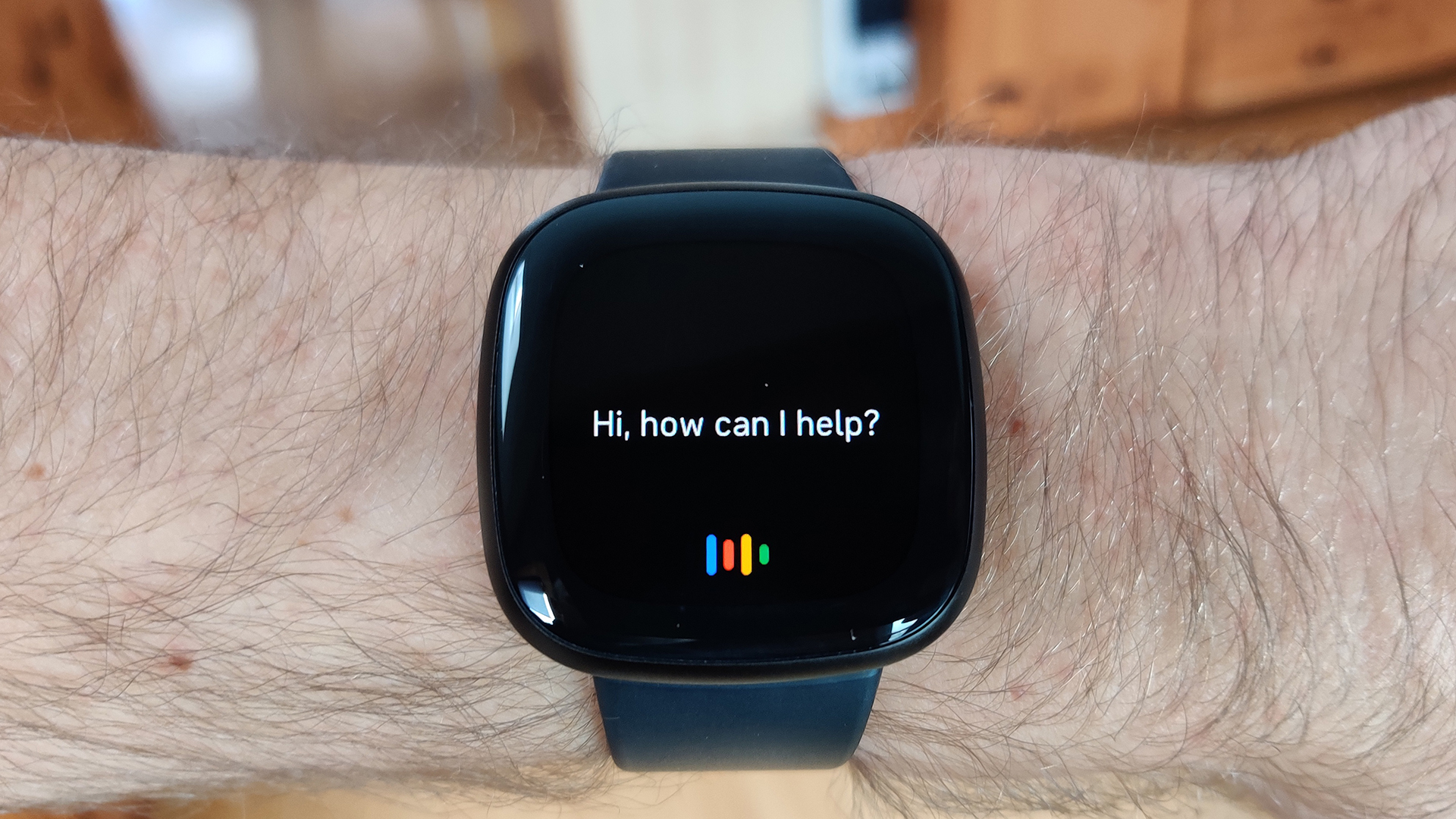
![PSA: It’s not just you, Spotify is down [U: Fixed]](https://i0.wp.com/9to5mac.com/wp-content/uploads/sites/6/2023/06/spotify-logo-2.jpg?resize=1200%2C628&quality=82&strip=all&ssl=1)



![[Update: Optional] Google rolling out auto-restart security feature to Android](https://i0.wp.com/9to5google.com/wp-content/uploads/sites/4/2025/01/google-play-services-2.jpg?resize=1200%2C628&quality=82&strip=all&ssl=1)













![Apple Vision 'Air' Headset May Feature Titanium and iPhone 5-Era Black Finish [Rumor]](https://www.iclarified.com/images/news/97040/97040/97040-640.jpg)


![Apple to Split Enterprise and Western Europe Roles as VP Exits [Report]](https://www.iclarified.com/images/news/97032/97032/97032-640.jpg)




















